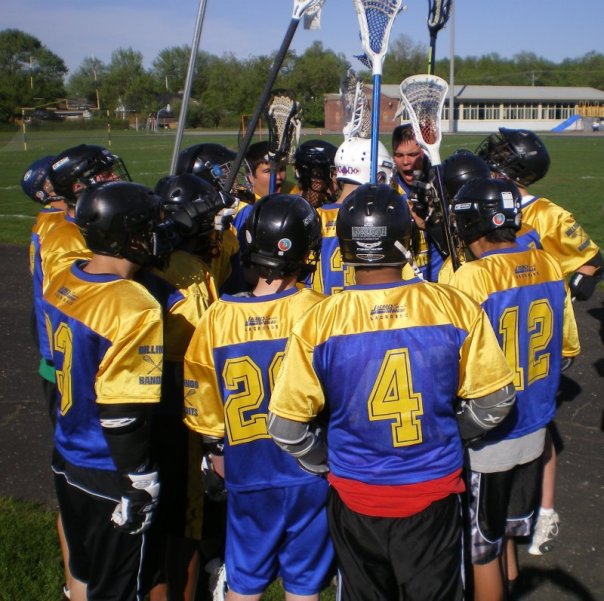I want to reassure those of you who read this blog that it is all real. Moreover, I am a real person – Tracy, a dog owning, just bought a house, reflective, love my job as a teacher, can’t wait to get to the country, goofy grin and all, real person.

Just thought I’d reassure you about that since we can never be too sure about who or what we are reading. Heck, you can friend me on facebook if you need more proof. Oh. Wait. That doesn’t necessarily guarantee anything either…
Montreal launched a new self-serve bicycle service (for a fee) on May the 12th – BIXI. It’s said (by the mayor) to be unique in the world and everyone is very excited about BIXI. Including three authors of a grassroots biking blog called A Vélo Citoyens (To your bikes, citizens) who loved the idea so much they wrote about it everyday, they spread the word to all their friends on facebook. They filmed video of the soon to be released BIXI bikes. These were citizens with a cause!
However they weren’t citizens at all. They were characters in a marketing scheme. They don’t exist. Bet all those new facebook friends feel kinda used.
I searched for the blog this morning but it seems to have been replaced with one that is obviously a marketing tool. What I did find was at least one blog (Cycle Fun Montreal) with an author who felt angered enough to complain about the legalities of using the blogging community as a marketing tool in such a fallacious manner – ok, what’s with the fancy words so early in the morning? – who felt we were lied to and from within a normally trusting community to boot!
(The original newspaper article that exposed the marketing campaign was BIXI, Blog, et Bullshit by Patrick Lagacé of La Presse, but you can read an English translation in the comments if you click on the Cycle Fun Montreal link above)
So. Why am I writing about this? The point here is that everyone (I’m assuming) who read that blog thought it was the real deal. They thought the authors were real people. Enough so to befriend them on facebook (one of the authors had over 800 of them, according to an interview on CBC). Luckily they ended up only being duped by an advertising firm and the City of Montreal (I’ll leave that can of worms closed …). People say that they only friend people (facebook verb) they know, so what constitutes knowing people?
I teach my students about their online presence. My students are about to leave high school (or so we hope ;) ) . They are entering CEGEP or the job market and need to rethink things like that cutiehotty hotmail address and those partying pics they have on facebook. They also need to take care of who they talk to and who has access to their info online. We all do, but they in particular – teenagers are targets, they don’t have as much life experience and the world knows it.
Yesterday MissTeacha asked me what my classroom looks like, in particular economics. Here is an idea of how I am going to teach about advertising when they return from their 2-week stages (woohoo – they get 2 weeks of work study, which they love, and we get 2 weeks to gain strength before the last few weeks of school, which we need) next Wednesday. It’d be great if that blog were still up, but since it’s not I may recreate one like it to present to them, or I may just share the story of BIXI, show some videos (BIXI marketing videos and those that are but maybe don’t look like marketing videos). We’d have a conversation, either full-class or in smaller groups, about advertising – it’s purpose, deceptive qualities, how it plays with our emotions – I’d then have them explore this post at Fagstein’s blog “Why do Marketing Companies Hate Themselves?” along with it’s accompanying links with various reactions to the BIXI marketing campaign. Then we might debate – good, solid campaign vs. dirty, rotten scheme or is it better to market by any means necessary or to be truthful at all times, something like that. Eventually down the road (though our school year is almost over so we don’t have much time…) I’d love for them to create their own sneaky marketing campaigns.
The idea is, they search for their own meaning. I don’t need to ‘teach’ them anything much beyond how to locate information and different strategies for organizing and thinking about the information they find. They are engaged – talking, researching, talking some more, acting (debating is like acting), creating… you get my drift. If they are engaged in doing they are learning.
So it’d look something like that.




